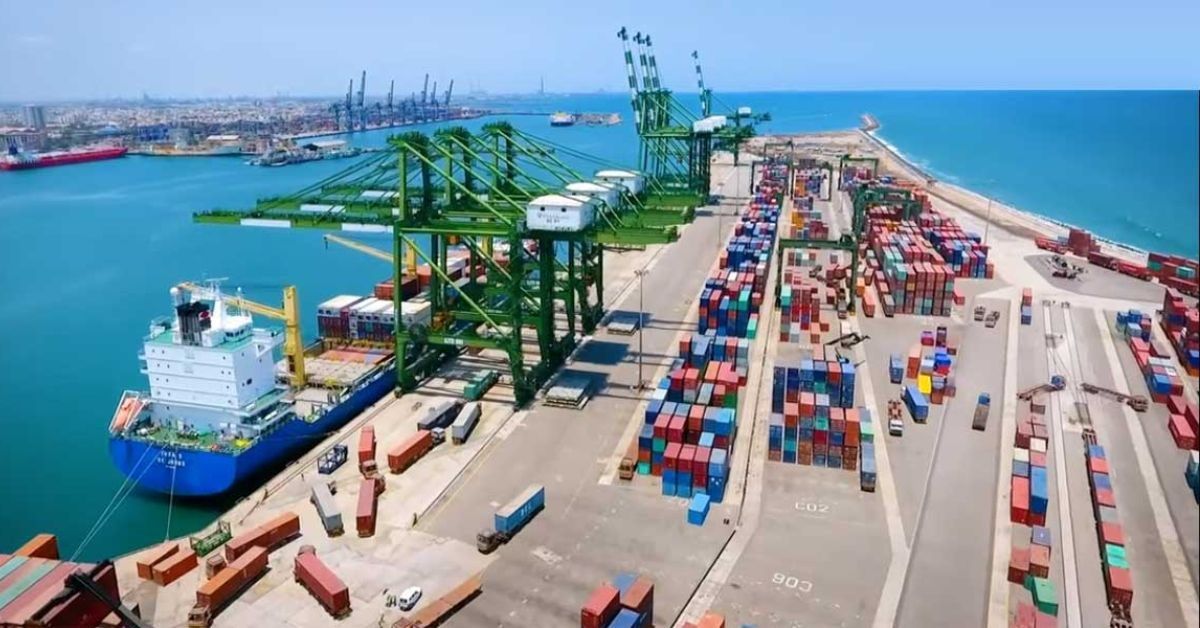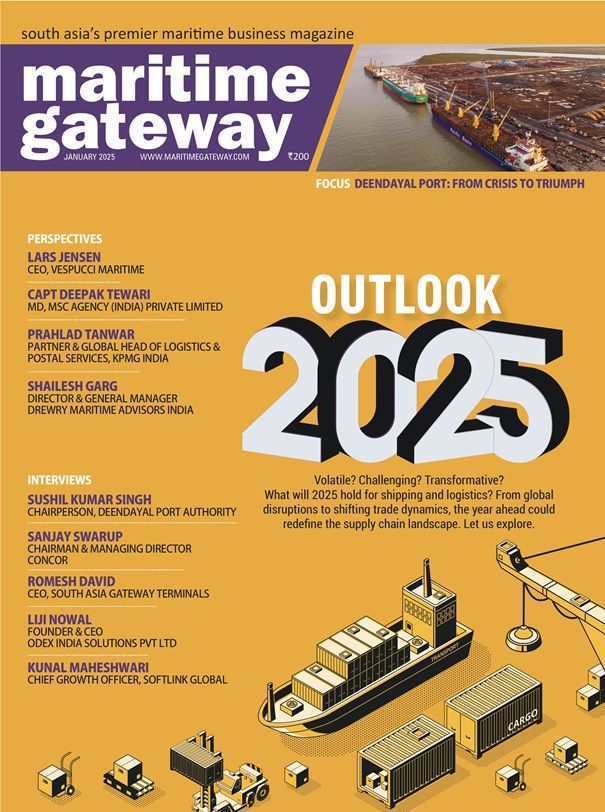The Union Ministry of Environment, Forests and Climate Change (MoEFCC) has “reclassified” the list of allowed, regulated activities in the Dahanu taluka eco-sensitive zone (ESZ) to allow port and harbour building. On May 26, the ministry published an office memo (OM) in this regard.
Environmentalists and local communities, on the other hand, claim that this effort is a “backdoor attempt” to resurrect the 65,000 crore Wadhavan Port project in Rewas, which is now delayed.
The Dahanu Taluka Environment Protection Authority (DTEPA) had in 1998 prohibited work on the Wadhavan Port project. But in April 2020, the Central Pollution Control Board declassified ports, harbours, and jetties as “industrial activities”. Two months later, the MoEFCC issued a clarification stating that these activities may be permitted in eco-sensitive areas, including the Dahanu ESZ, which was notified in 1991.
This move drew the ire of local communities and environmentalists, eventually leading to a National Green Tribunal (NGT) order in June 2021, staying any further work on the port’s planning and construction. The green court also directed the MoEFCC to form an expert committee to reconsider the issue of whether ports and harbours could be permitted as non-industrial activities within the ecologically fragile areas.
The order has been challenged in the Supreme Court by the National Fishworkers’ Forum, the original applicant in the matter, and Jawaharlal Nehru Port Trust (JNPT), which is administering the Wadhavan project.
Meanwhile, the committee appointed by the ministry recommended the appointment of the National Centre for Sustainable Coastal Management (NCSCM), Chennai, to carry out an “assessment and evaluation of impact of setting up the port on the overall ecology of the Dahanu taluka ecologically fragile area”. The NCSCM’s final recommendations were considered by the expert committee in a meeting on April 28 this year, in which the latter opined that “construction of ports and harbours… can be considered non-industrial activities that can be taken up under Dahanu Taluka Ecologically Fragile Area Notification, 1991,” subject to clearance from the DTEPA.







